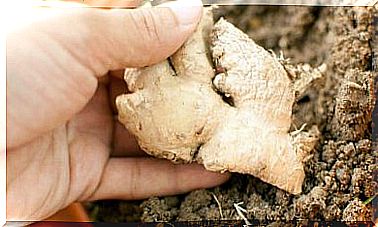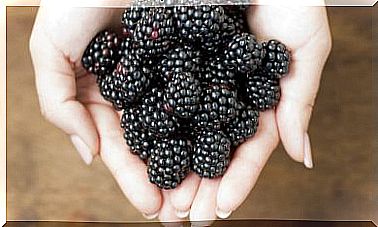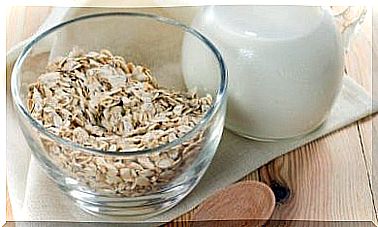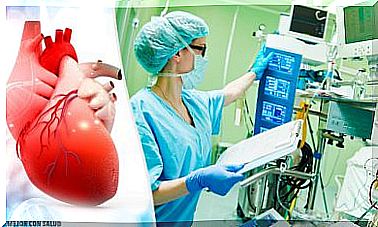The Anticoagulant Properties Of Garlic
For years, garlic has been a widely consumed food in many countries around the world. In fact, it is known to be the main ingredient in the Mediterranean diet. It helps to enhance the flavor of the dishes and helps to achieve true delicacies.
Although it has triumphed in the culinary field, when it comes to alternative medicine it has turned out to be a very striking element. All kinds of properties have been attributed to it and its nutritional value has been distorted on more than one occasion.
Let’s see more about this food and the properties that are popularly attributed to it, which have so confused people.
Garlic, a food with a thousand myths around it
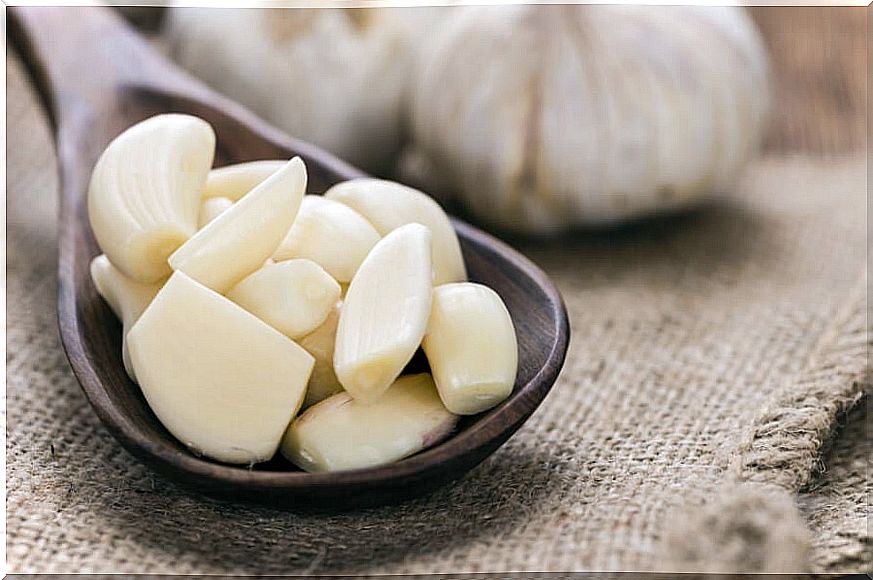
According to experts from the Spanish Nutrition Foundation (FEN), garlic is a source of protein, iodine, phosphorus, potassium, vitamin B6 and sulfur compounds. Therefore, it is a recommended food to supplement the diet.
However, it is not a food that helps “fight chronic infections”, nor does it prevent or cure cancer (or any other disease). It also does not serve as an adjunctive treatment. In any case, it is a food that helps to supplement the diet and that gives a distinctive touch to the seasonings.
The experts from the Pompeu Fabra University Unit comment on the following:
These same statements apply to cardiovascular disease. Therefore, eating a clove of garlic on an empty stomach every morning will not lower your risk of disease. It also won’t reduce the impact of oxidative stress or prevent premature aging.
Allicin its sulfur compound
Allicin is a sulfur compound that this food contains. It is responsible for the smell and taste that characterizes it and, according to beliefs, it has great potential from a medicinal point of view. Therefore, it has been investigated on multiple occasions for years.
In a study published in 2007 the following is commented:
Researchers agree that while garlic has compounds with potential for different issues, this potential has only been observable under certain laboratory conditions. Therefore, they do not work in any way, but in very specific circumstances.
To take advantage of the properties of garlic, to date, it is best to consume it within a balanced diet. It is not necessary to consume a certain amount on an empty stomach or crushed or in any other way.
In short, if you want to consume garlic, it must be because you like its taste in dishes. Not because it is going to help you prevent or cure diseases.
Does garlic have blood thinning properties?
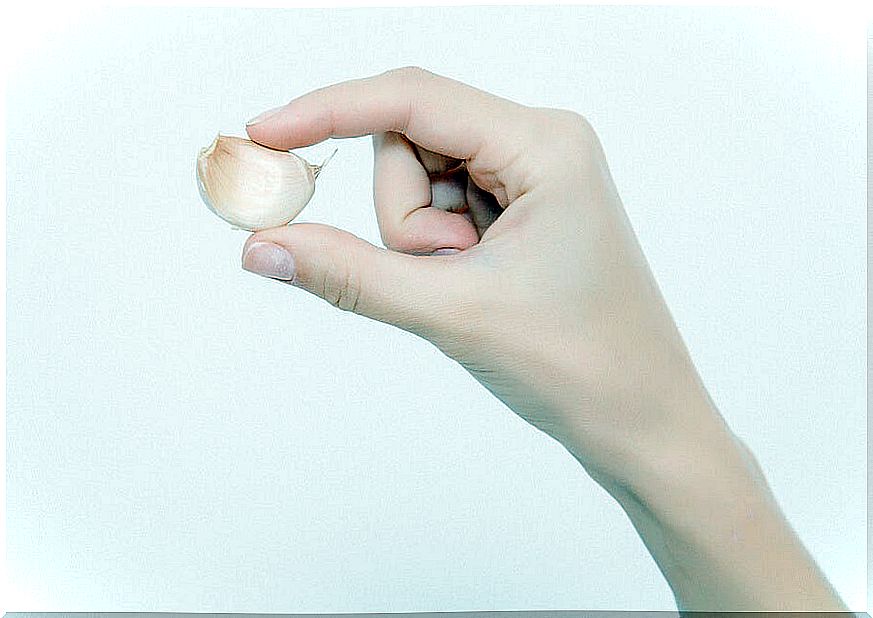
According to beliefs, garlic would have anticoagulant and vasodilator properties, which is why it is often recommended in the popular sphere as a “treatment” to prevent cardiovascular problems.
However, there is no scientific evidence to indicate that such beliefs are correct. In fact, experts comment that it has been observed that the consumption of this food can cause interactions with certain drugs, such as anticoagulants. Therefore, patients taking warfarin should avoid it.
According to a study published in 1963 in Korea, garlic would have a substance with an anticoagulant effect, but in isolated cases. Although this sounded promising, with time and further in-depth research, it was concluded that it cannot be said to have blood-thinning properties.
Instead, what can be said is that garlic is a food with potential, but under certain conditions.



